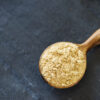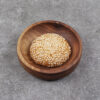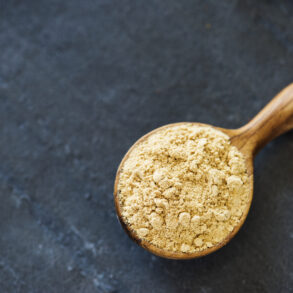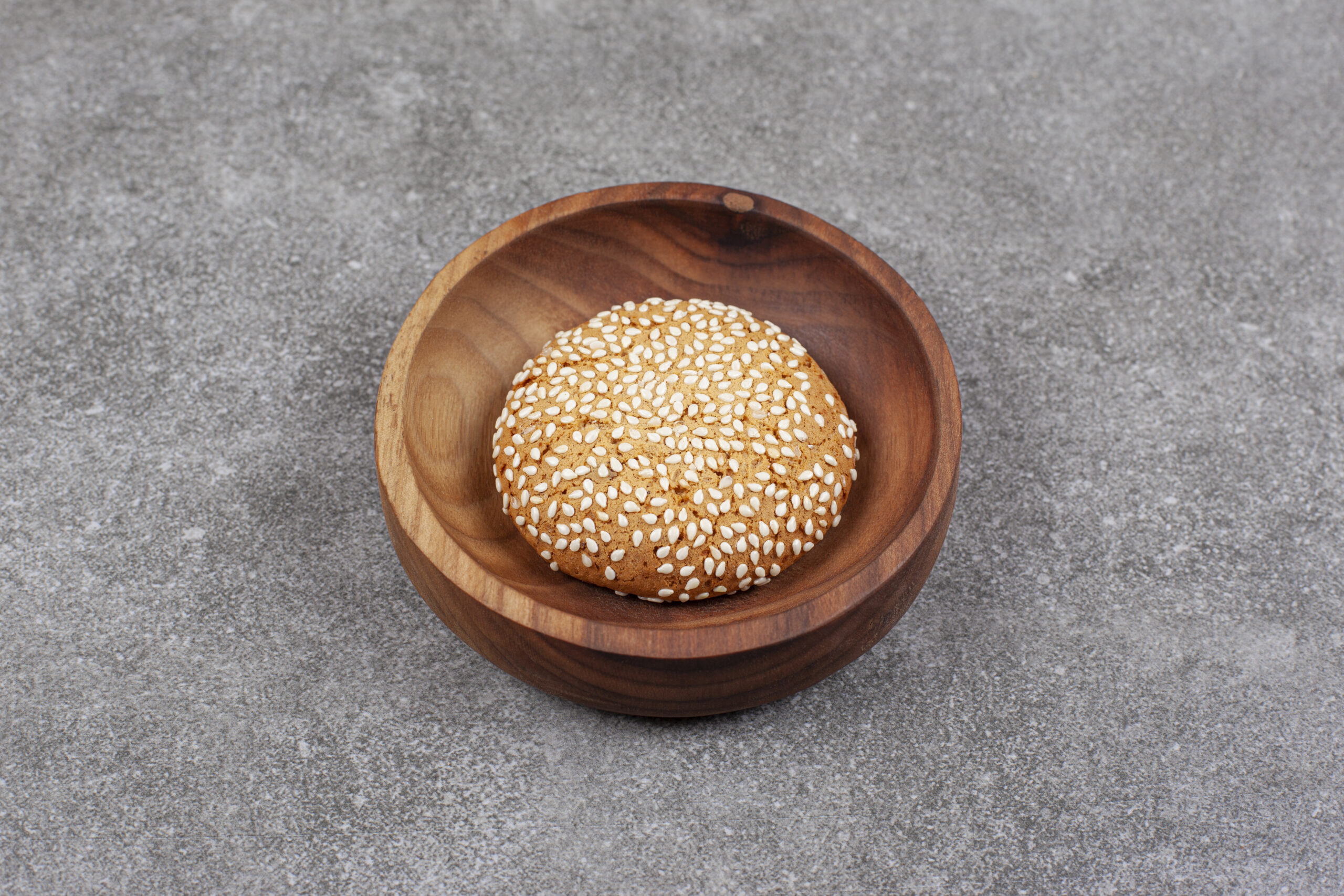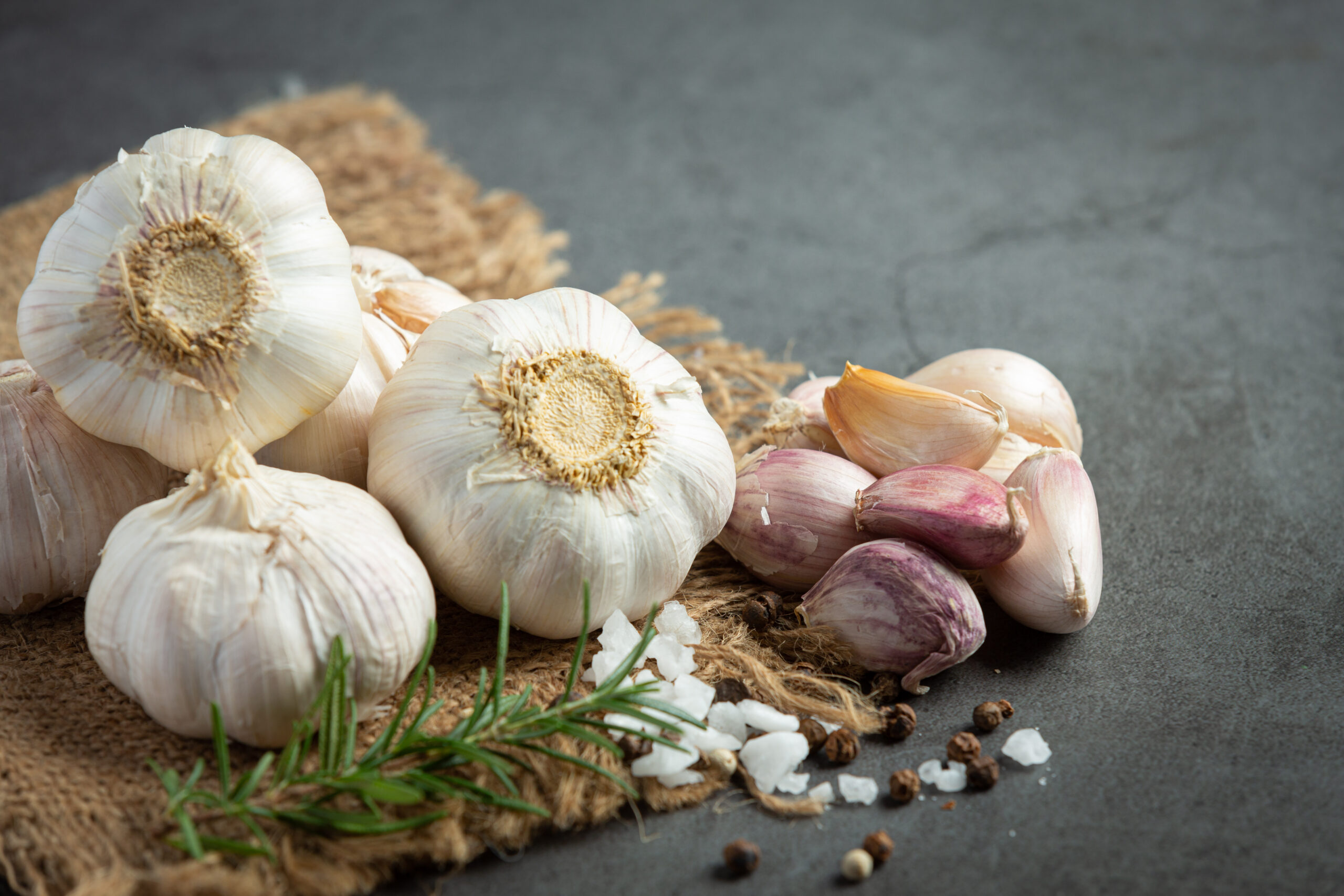Are you suffering from weight gain? Are you tired of losing weight? Today I will discuss few points to reduce weight by walking for weight loss.
- Walk 3 Km daily.
- Reduce intake of sugar
- Drink lots of water
- Maintain your diet
- Eat lots of protein
- Stop Alcohol/smoking
- Exercise daily
- Reduce intake of Food
- Dont eat stale food
- And take lots of rest
Today people intake lots of food and do less exercise that leads to weight gain and fatty liver and also Cholesterol that will usually increased the risk of heart disease and diabetes and future will also damaged your liver in coming future.
You will get difficult in digesting food and also your other diseases such uric acid and thyroid and other diseases.
Intake of Alcohol regularly canalso damage liver so drink wisely when needed most.
Stop Eating Non-vegetarian food it also increase the risk of several cancer related diseases.
Walking for Weight Loss – Steps, Benefits & Safety Tips
Outline:
- Intro: Why walking is an underrated weight loss tool.
- Benefits: Weight loss, heart health, mood boost, joint health.
- How to Start: Warm‑up, pace, duration, frequency.
- Advanced Tips: Interval walking, incline walking, step goals.
- Common Mistakes: Overtraining, wrong shoes, poor posture.
- FAQs: Best time to walk, walking vs running, calorie burn.
- Safety Note: Link to Disclaimer.
Section: Best Time of Day to Walk for Weight Loss
Many experts suggest that the best time to walk is the time you can stick to consistently. Morning walks can boost metabolism and set a positive tone for the day, while evening walks can help relieve stress and improve sleep quality. The key is consistency — choose a time that fits your schedule and make it a daily habit.
Section: How to Track Your Progress
Tracking your steps, distance, and calories burned can keep you motivated. Use a pedometer, smartwatch, or a free mobile app to set daily goals. Aim for at least 7,000–10,000 steps per day, gradually increasing your target as your stamina improves.
Section: Combining Walking with Diet
Walking alone can help, but pairing it with a balanced diet accelerates results. Focus on whole foods like vegetables, lean proteins, whole grains, and healthy fats. Avoid sugary drinks and processed snacks that can undo your walking efforts.
Section: How Many Calories Can You Burn by Walking?
The number of calories you burn while walking depends on your weight, speed, and terrain. On average, a person weighing 70 kg can burn around 250–300 calories by walking briskly for 60 minutes. Walking uphill or adding short bursts of faster walking can increase calorie burn significantly.
Section: Walking Gear and Essentials
Wearing the right shoes is crucial to prevent injuries and improve comfort. Choose lightweight, cushioned walking shoes with good arch support. Comfortable, breathable clothing and a water bottle are also essential for longer walks.
Section: Fun Ways to Make Walking a Habit
- Walk with a friend or join a walking group.
- Listen to podcasts or audiobooks while walking.
- Explore new routes in your neighborhood to keep things interesting.

